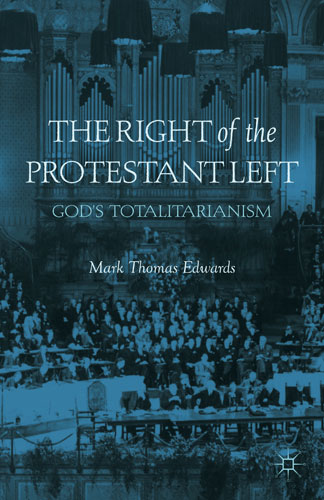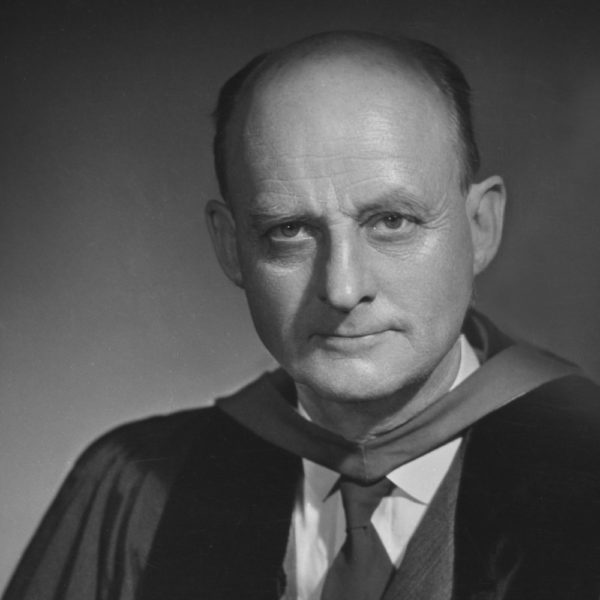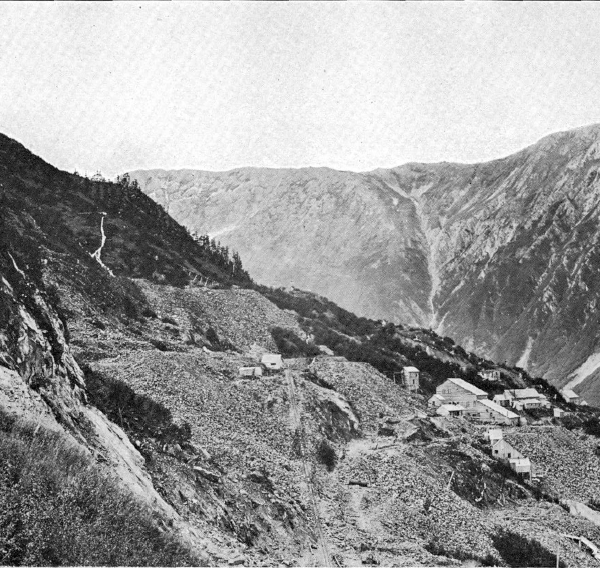
The Right of the Protestant Left: God’s Totalitarianism (Palgrave Macmillan, 2012) is really three books rolled into one, with three separate but overlapping arguments. Because of this, it can be hard to follow the different strands. I thought the most helpful way to introduce my book to readers would be to unpack each of the arguments. Before I begin, though, let me define briefly my subjects, the “old ecumenical Protestant left.” Like the old left it was affiliated with, the old Protestant left has often been reduced to a few of its leaders, namely Reinhold Niebuhr and Paul Tillich; the community orientation of the movement has thereby been lost…
Hope is not drawn from the world-that-is. Hope is grounded in perceptions of the world-that-ought-to-be. It arises from the power of the world-that-ought-to-be. For Christians, the world-that-ought-to-be is the eschatological Kingdom of God. It is expected in the future, in God’s time. But, it is also in the present, which is God’s time. The Kingdom is a perpetual possibility, even as its realization must be perpetually deferred in its fullness.



